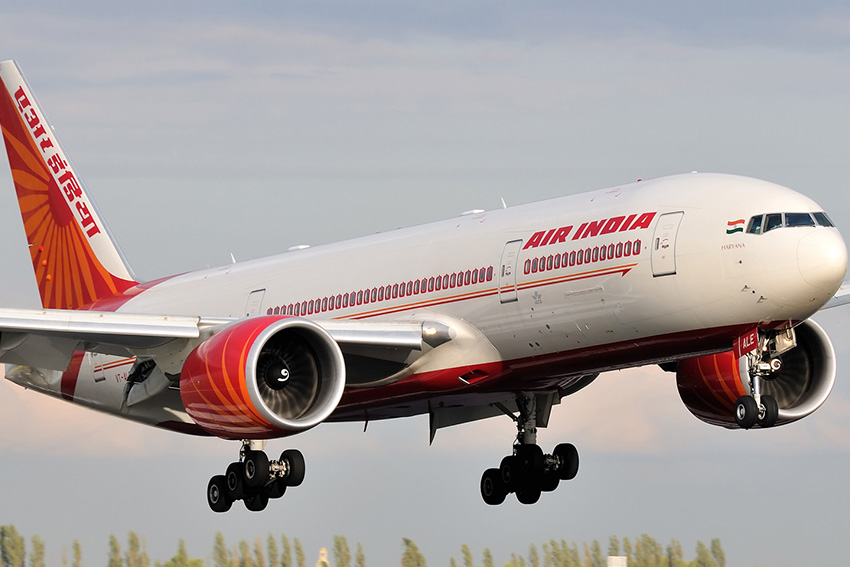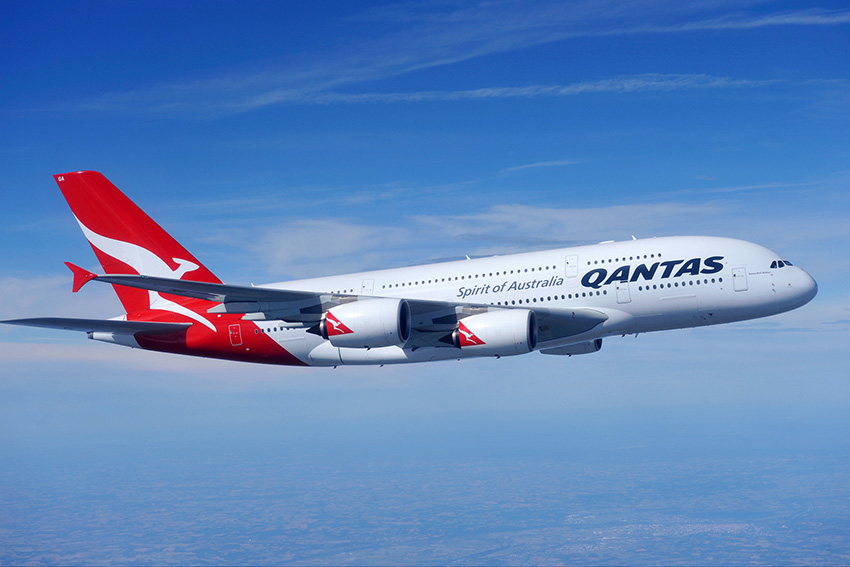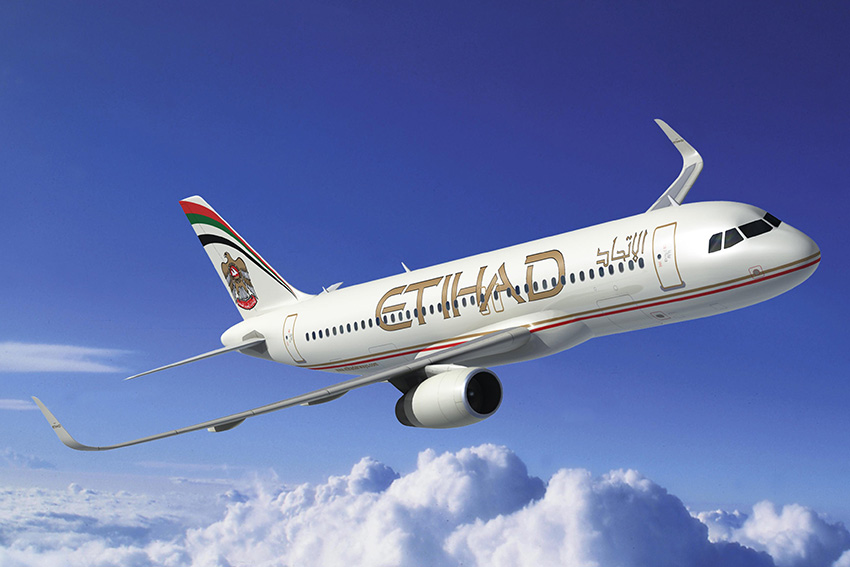Finance Ministry turns a step-mother to Indian Banks
Mandatorily channeling weekly payment of airlines ticket sales through a foreign bank, MoF has deserted or disowned indigenous banks. The amount involved being a colossal US $. 16B circa per week, this directive needs a litmus test as with the classic Caesar’s wife. What additional features does a foreign bank that only has 17 branches in Indian soil have above that of our State Bank having 18,300 branches is anybody’s guess.
Funnier is that RBI has neither record nor clue of the amount in issue. A response by RBI to a private RTI request bluntly says “the requested information is not available”. It is dust over dirt.
Travel Agents who account for the chunk of passenger and cargo Sales make payment of their sales to IATA through BSP (Bank Settlement Plan) on a weekly basis. IATA clearing house in turn does the apportioning to various Airlines. Even the National Carrier, Air India as well as others such as Jet Airways receive their payments from IATA accordingly.
IATA pools all the sales and does the distilling. It is this payment that MoF has ordered to be channeled through a foreign bank. All travel agents have to thus pay their sales to IATA through this foreign bank exclusively. Monopoly traits seem to be re-invented by the very government that is supposed to quash monopoly and other restrictive trade practices.
Travel Industry has to assume the brunt of this directive. Around 3000 IATA-accredited Travel Agents spread all over the nation face the music having to process their weekly RTGS payments through the Deutsche Bank AG that has only 17 branches and that too only in 9 Indian states.
The facts are all the more startling when one looks at the different components of the ticket amount being paid through this process to the airlines. Apart from the fare, the statuary and regulatory taxes like Sales & Service Taxes, Passenger Service Fee (PSF), Users Development Fees (UDF) etc. that eventually goes to government exchequer are being collected and processed by the Deutsche Bank in India. Why is SBI or any bank of the soil opted out?
While the MoF & RBI reportedly unearth “black money” through currency ban on the one side, they apparently poach on the US $. 16 billion+ business proceeds of the Indian Aviation & Travel Industry by restricting the transaction to a foreign bank!!!
Why the Government does not regulate such humongous transactions through Indian public sector banks, especially when State Bank of India has more than 18300 branches spread all over India is the question on the lips of every Travel Agent today. The RBI which is the regulatory authority of the nation ought to have this transaction under its microscopic lens in the larger interest of the nation. RBI states that they do not have the information on the average weekly turnover of the Deutsche Bank in respect of the weekly payments received from the IATA accredited Travel Agents. Even that too stands drowned.
Yet another staggering fact is that, neither the UDF nor the PSF amounts, collected as part of the airfare on the tickets, are being reported, recorded or monitored. AAI (Airport Authority of India) claims that bills are being raised based on passenger manifest from airports controlled by them (excluding JVC airports) and had collected Rupees 973.13 crores and 855.72 crores on account of UDF and PSF respectively during January to November 2016.
The Agency Program Joint Council-India (APJC-India), of which, the National Carrier Air India is the Chairman, is the forum instituted by IATA to supervise policy developments as well as the rules governing settlement of sales of the IATA Passenger Agency Program. The Billing and Settlement Plan (BSP) is the system designed to facilitate and simplify the selling, reporting and remittance procedures of IATA Accredited Travel Agents. Likewise, the billing and settling of accounts between airlines and freight forwarders is done through the Cargo Account Settlement Systems (CASS).
Though both the Chicago Convention and the Indian Aircraft Rules 1937 empower the Director-General of Civil Aviation (DGCA) to control and monitor APJC-India, nothing virtually seems to be done; it is a vacuum all over. There is not even an adequate Bench to deliver judgments on current disputes. IAAI has brought this matter to the notice of Public Accounts Committee (PAC) Chairman Prof KV Thomas and briefed him on these untoward situations.
Sources close to the IAAI Management say, “unfortunately, the APJC-India is not yet formatted as per Appendix ‘F’ of the IATA Passenger Agency Conference Quick Reference Guidelines of January 2014 and its policies are neither in the interest of the Indian Economy nor that of the Travel Agents. A spectator reads vested interests in shadow play. Anomaly in the IATA payment system may just be the tip of an iceberg. Worse may be what are not yet seen or unearthed.”
All this is when we are set to become the third largest aviation market by 2020 and the largest by 2030 with its current market size estimated to run into trillions of rupees. Who reaps the benefits and at whose costs?! The mighty Indian MoF may please clarify.
News By : Editorial Desk | Posted On:February











